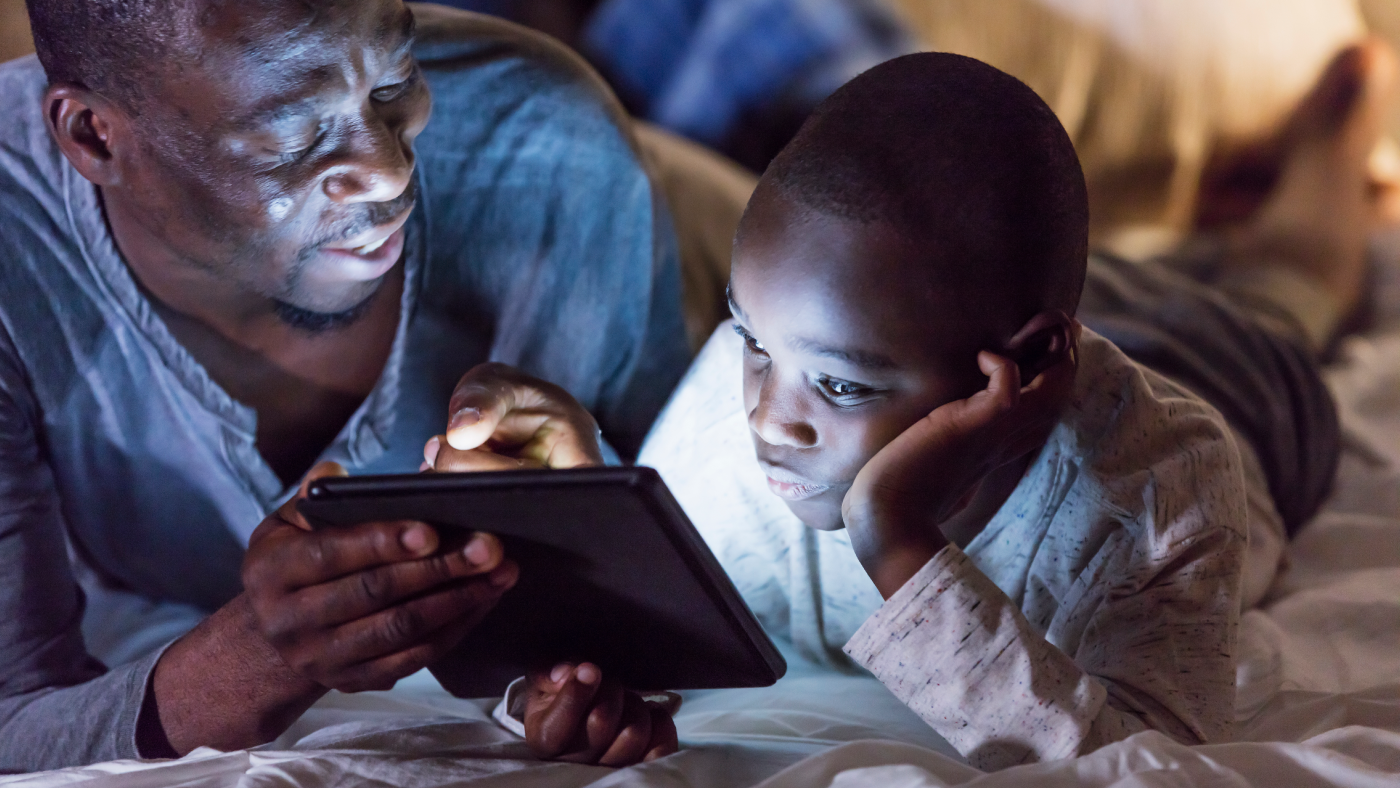
46% of Americans who have invested in cryptocurrency say it’s done worse than expected
16% of U.S. adults say they have ever invested in, traded or used a cryptocurrency such as bitcoin or ether.
16% of U.S. adults say they have ever invested in, traded or used a cryptocurrency such as bitcoin or ether.
The landscape of social media is ever-changing, especially among teens who often are on the leading edge of this space. A new survey of American teenagers ages 13 to 17 finds that TikTok has established itself as one of the top online platforms for U.S. teens, while the share of teens who use Facebook has fallen sharply.
Women in the U.S. are less likely than men to say that technology has had a mostly positive effect on society (42% vs. 54%).
Black Americans are critical of key aspects of policing and criminal justice. But their views on face recognition technology are more nuanced.
Here are five facts about political content on Twitter, such as the content and nature of these posts.
Experts are split about the likely evolution of a truly immersive “metaverse.” They expect that augmented- and mixed-reality enhancements will become more useful in people’s daily lives. Many worry that current online problems may be magnified if Web3 development is led by those who built today’s dominant web platforms.
The social media sites that journalists use most frequently for their jobs differ from those that the public turns to for news.
Roughly one-quarter of American adults use Twitter. And when they share their views on the site, quite often they are doing so about politics and political issues.
61% of U.S. adults say they have heard at least a fair amount about the phrase “cancel culture,” up from 44% in September 2020.
A majority of teens prefer in-person over virtual or hybrid learning. Hispanic and lower-income teens are particularly likely to fear they’ve fallen behind in school due to COVID-19 disruptions.

Roughly four-in-ten Americans have experienced online harassment. Growing shares face more severe online abuse such as sexual harassment or stalking.
Two-thirds of parents in the U.S. say parenting is harder today than it was 20 years ago, with many citing technologies, like social media or smartphones, as a reason.
From distractions to jealousy, how Americans navigate cellphones and social media in their romantic relationships.
Majorities of U.S. adults believe their personal data is less secure now, that data collection poses more risks than benefits, and that it is not possible to go through daily life without being tracked.











